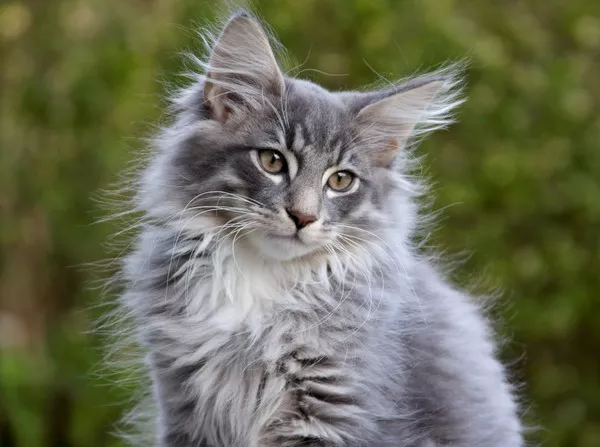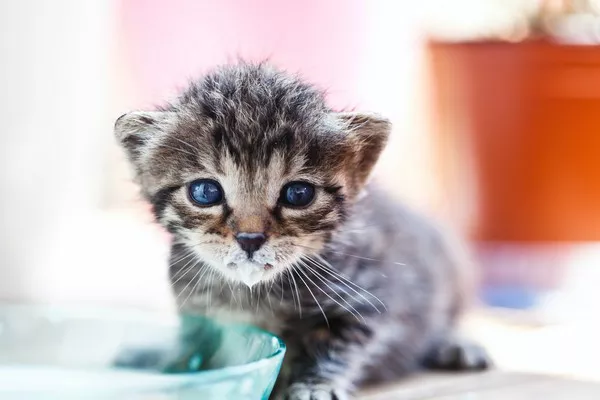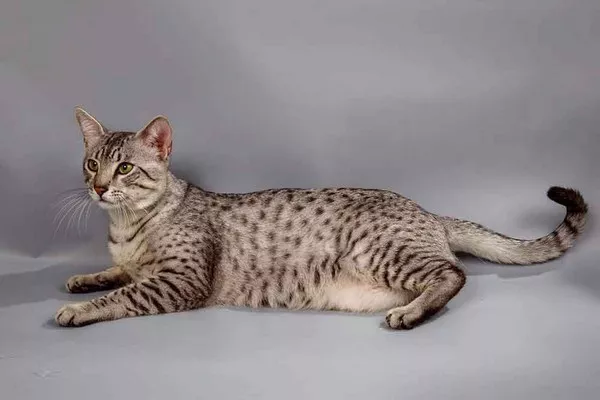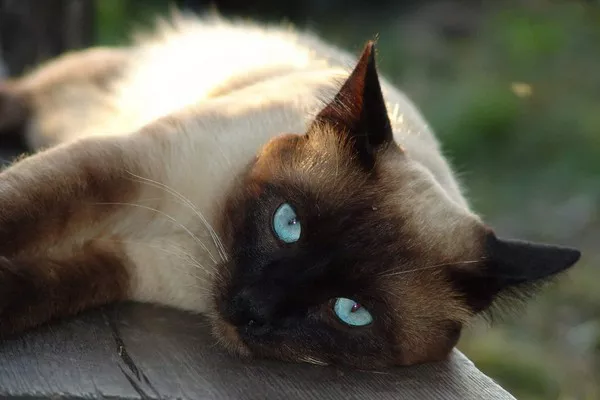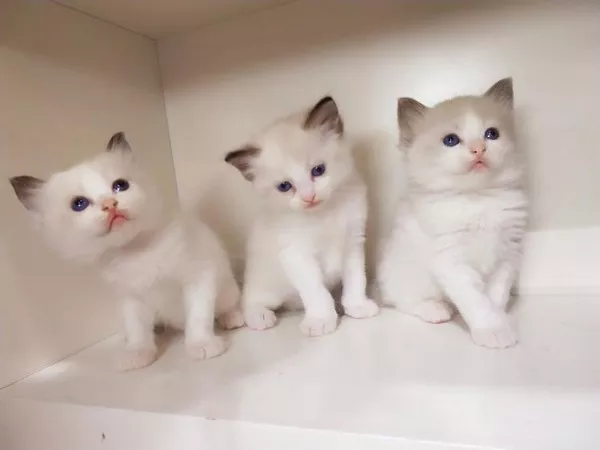Norwegian Forest Cats, known for their majestic appearance and friendly nature, are a beloved breed among cat enthusiasts. If you’re considering bringing one of these beautiful felines into your home, you may be wondering about their vocal tendencies. Are Norwegian Forest Cats noisy? In this article, we’ll explore the vocalization habits of Norwegian Forest Cats, their reasons for meowing, and how to manage their communication.
The Norwegian Forest Cat: A Brief Introduction
Before delving into the vocal habits of Norwegian Forest Cats, let’s get to know this captivating breed a bit better. The Norwegian Forest Cat, often abbreviated as NFC, is a large, semi-longhaired cat breed originating from Norway. These cats have a distinctive appearance characterized by a strong, muscular build, a lush double coat, tufted ears, and a plume-like tail.
They are known for their enchanting forest ancestry, as they were originally bred to thrive in the harsh Scandinavian wilderness. Norwegian Forest Cats are often associated with mythical tales and folklore, adding to their mystique.
Vocalization in Norwegian Forest Cats
Norwegian Forest Cats are generally not considered one of the most vocal cat breeds. Unlike Siamese or Burmese cats, which are known for their constant chatter, NFCs tend to be more reserved in their vocalization. However, that’s not to say they are completely silent. These cats may meow, chirp, or purr on occasion, and their vocalization is usually soft and melodious.
The level of vocalization can vary from one NFC to another. Some individuals may be more talkative, while others prefer to communicate through body language or other non-verbal cues. Understanding why your NFC is meowing is key to managing their vocalization effectively.
Reasons for Meowing
Communication: Like all cats, Norwegian Forest Cats may meow as a way of communicating with their human companions. They may be seeking attention, expressing affection, or simply saying hello. If your NFC greets you with a soft meow, it’s often a sign of their friendliness.
Hunger: One common reason for meowing is hunger. If your Norwegian Forest Cat is meowing persistently, especially around mealtimes, they may be reminding you that it’s time to fill their food bowl.
Discomfort: Cats may meow to signal discomfort or pain. If your NFC suddenly starts meowing more than usual and exhibits other signs of distress, such as restlessness or hiding, it’s essential to check for any underlying health issues.
Loneliness: Norwegian Forest Cats are known for their social and friendly nature. They may meow when they feel lonely and crave companionship. In such cases, spending quality time with your cat can help alleviate their loneliness.
Stress or Anxiety: Changes in the environment, such as moving to a new home or the introduction of a new pet, can cause stress in cats, leading to increased vocalization. Creating a calm and comfortable environment can help reduce their anxiety.
Attention-Seeking: Some NFCs are attention hounds and may meow to get you to interact with them. If they feel ignored, they may resort to vocalizing to regain your focus.
Breeding Season: Intact (unspayed or unneutered) Norwegian Forest Cats may become more vocal during the breeding season when they are seeking a mate.
Aging: As cats age, they may experience changes in behavior, including increased vocalization. If your senior NFC is meowing more than usual, it could be due to age-related factors.
Managing Norwegian Forest Cat Vocalization
If you find your Norwegian Forest Cat’s meowing excessive or disruptive, there are several strategies to help manage their vocalization:
Understanding the Cause: The first step is to identify the reason for your NFC’s meowing. Is it for attention, food, or due to stress? Addressing the underlying cause can help reduce unnecessary vocalization.
Regular Feeding Schedule: Stick to a consistent feeding schedule to ensure your cat isn’t meowing due to hunger. This can also help with weight management.
Interactive Play: Engage in interactive play sessions with your NFC to satisfy their social and playful nature. Spending quality time with your cat can reduce loneliness and attention-seeking meows.
Enriching the Environment: Provide your cat with toys, scratching posts, and climbing structures to keep them mentally and physically stimulated. An enriched environment can alleviate boredom-related meowing.
Comfort and Security: If your NFC is meowing due to stress or anxiety, create a calm and secure environment. Offer a quiet space where your cat can retreat if they feel overwhelmed.
Spaying or Neutering: If your NFC is intact, consider spaying or neutering to reduce hormonal-driven vocalization, especially during the breeding season.
Veterinary Check: If your cat’s meowing is accompanied by other concerning signs, such as changes in appetite or behavior, consult your veterinarian to rule out any underlying health issues.
Conclusion
Norwegian Forest Cats are not typically considered noisy cats, but they may meow for various reasons, including communication, hunger, or loneliness. Understanding the cause of their meowing and addressing it appropriately can lead to a harmonious relationship with your NFC. These majestic and friendly felines, with their occasional soft meows, can make wonderful companions for cat lovers seeking a unique and captivating breed.

